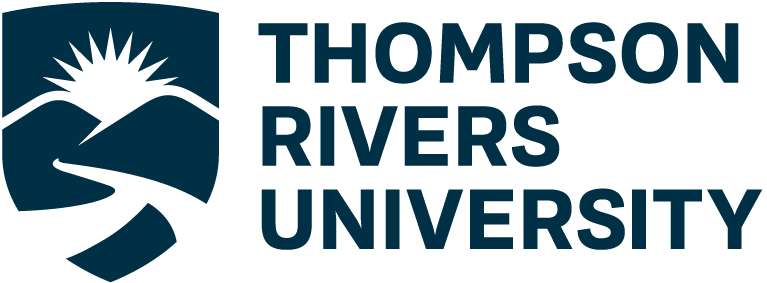BECOME: How do you?
How do you become a researcher?
In case you haven’t noticed, you already are one – and here’s why! You weren’t born knowing how to use a computer or what the internet is. You had questions along the way, and you had to find your own answers by asking for help from those who might know or by trying things out on your own and seeing what happens!
This is exactly what research is all about: the continuous process of being in touch with your own curiosity, asking questions, figuring things out, and sharing what you learn with others! This last part is particularly important, which is why we made this whole section on becoming a researcher.

